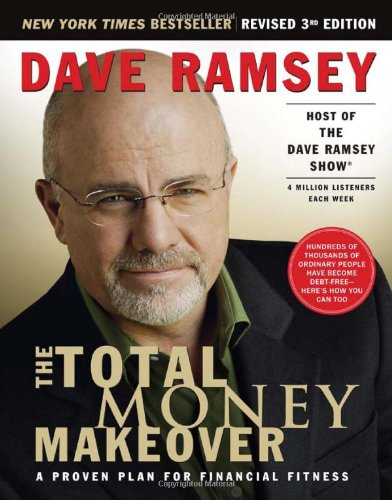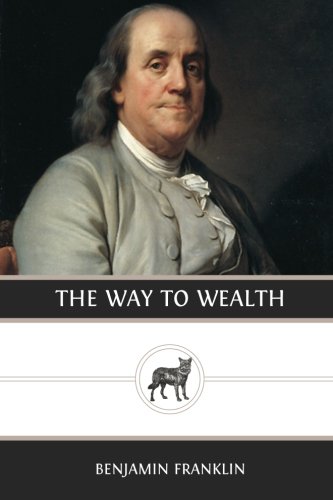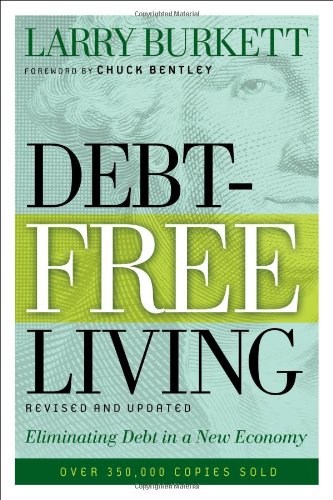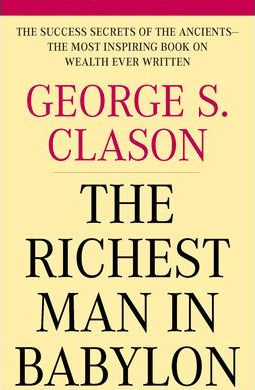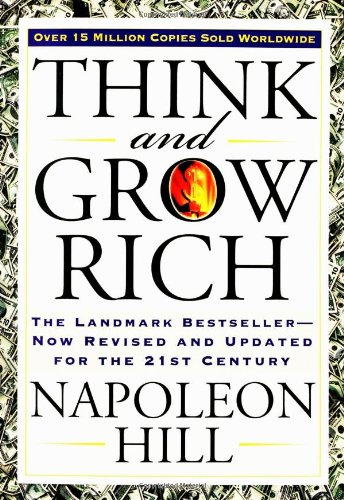The Total Money Makeover (Dave Ramsey)
This is the book that started it all. This book was first introduced to me when I heard Dave Ramsey’s radio show by accident one day. I was searching for a better way to manage my finances so when I heard Dave talk about his new book, The Total Money Makeover, I decided to pick it up and see what he had to say. Having never heard of Dave Ramsey before, I found his approach to changing my financial situation a breath of fresh air. His approach, called the Seven Baby Steps, provided a simple strategy for changing my finances. Throughout the book, he provided stories and analogies that helped motivate me to get out of debt for good. If you only read one book, let The Total Money Makeover be the one you choose.
The Way to Wealth (Ben Franklin)
You would be hard pressed to find anyone in American history who accomplished more than Ben Franklin. Past or present, nobody has done more to promote the virtue of thrift than Franklin. The Way to Wealth, is a collection of writings he penned as Poor Richard. This collection contains useful thoughts related to industriousness, frugality, debt, and contentment. Anyone wanting to understand more about thrift should start with this classic.
Debt Free Living (Larry Burkett)
The late Larry Burkett had a simple way of describing complex concepts. In Debt Free Living, Burkett begins by providing a brief history of debt in America. Using the stories of four couples, Burkett explains the various reasons people go into debt. He then describes how each worked their way out of debt. If you are struggling to understand why you should get out of debt, I would encourage you to read Debt Free Living.
The Richest Man in Babylon (George Clason)
Originally written as a series of parables, The Richest Man in Babylon takes us back to the days when Babylon was a wealthy nation. Using historical fiction, George Clason takes liberty to explain how Babylon became wealthy. Using the fictional character Arkad, the author provides a simple series of financial lessons that still apply today. In this book, Clason first introduced us to the ‘pay yourself first’ principle. Despite being almost 100 years old, financial coaches still preach the merits of paying yourself first. Other concepts such as compound interest are integrated into the advice given by Arkad. If you want a good book that explains old fashioned principles, this book is a great choice.
Think and Grow Rich (Napoleon Hill)
This is another timeless classic that everyone should read. Having spent his entire career researching the successful people of the late 19th and early 20th centuries, Napoleon Hill wrote this comprehensive guide to help you and I follow in their footsteps. To get the most from this book, I recommend it be read at least twice. The first time through read it slowly. The next time through, use a highlighter to mark the important concepts. By following this approach, you will better understand the deeper ideas Napoleon Hill is presenting in this book.

